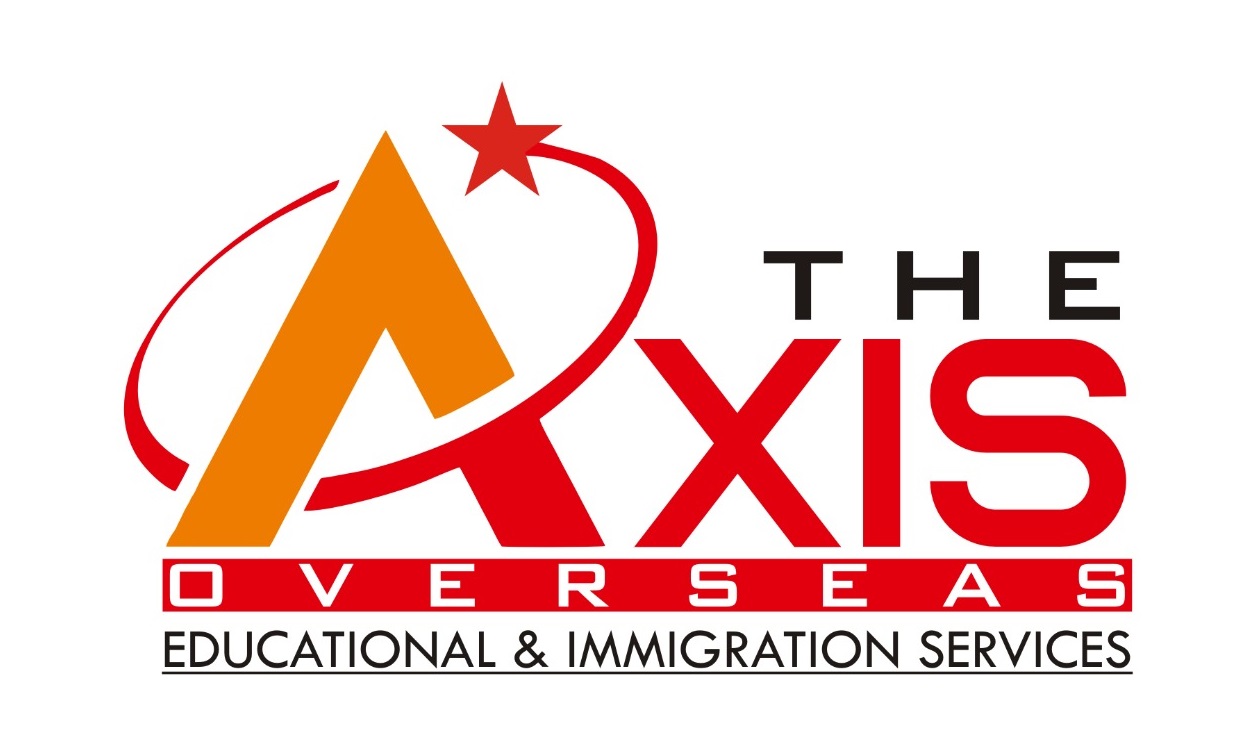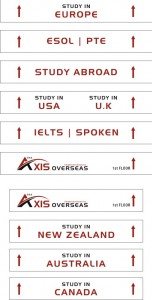» How do I get an Australian study?
We have a dedicated department whose sole responsibility is to help our student . We will provide you with the Australian University/college application form, as well as a detailed document requirement list. We will counsel you on what documents will be needed. Once we receive the completed Australian University/college application form, and the relevant documents, we will lodge your application with the Australian High Commission as long as we are satisfied that under the current Australian study law, your application complies.
» How do I apply for a course?
The first step towards studying in Australia is to Contact CESPL. We will then provide you with a questionnaire to complete and use this information to review your academic and personal needs to assist you in selecting suitable study options.
» When should I apply to study in Australia / when do courses start?
You should apply to study in Australia as soon as possible, ideally 5 months prior to commencing your course. However, for some courses it is possible for the application and process to take less time than this. In general, University courses starts in February each year, a number of Universities also offer a mid-year intake in July. VET courses generally have two intakes a year, February and July and a number will also offer April and September intakes.
•if any of the information on the test report form has been altered e.g. band scores, photo, id
numbers etc.
• if an IELTS test report form is genuine.
This ensures that only genuine IELTS test report forms are accepted. Presenting a fake or altered test report form can have serious consequences for candidates.
» Where is Australia located on the world map?
Australia is in the Southern Hemisphere of the globe. It is known to be the down under land due to that.
» What is the weather like in Australia?
Australia is diverse in its geography and climate. Australia’s summer starts in December and winters in June. Australia is in the tropics where the temperature s are in the mid of 20 degree Celsius.
Yes, spouse and children can accompany student to Australia.
•at least 6 weeks prior notice (for any special need requirements)
• a medical report/diagnostic report
• a written request
• two choices of dates (in case the special need requirement needs a longer period)
Special arrangements can be made for candidates with special needs, for example:
•Visual difficulties
• Hearing difficulties
• Speaking difficulties
• Specific learning difficulties such as dyslexia
• Permanent writing difficulties e.g. due to cerebral palsy
• Medical condition such as diabetes
The following can be provided for special needs candidates (please check availability with centre):
•If the candidate is dyslexic, extra time can be given on request sent from the Centre to Cambridge
• If a candidate has a problem with eyesight, we can provide an enlarged print
• Braille papers (contracted and uncontracted Braille)
• Lip-reading versions of listening papers
• The use of an amanuensis (someone who writes your answers for you as you dictate them)
Further information pertaining to special arrangements for such candidates is also available.
» Am I allowed to work as I study in Australia?
You are allowed to work up to 20 hours in a week while in session and full time during holidays. Please note that from 26 April 2008, people granted study permission form the high commission will automatically receive permission to work their . Work is NOT guaranteed, Working in Australia is a privilege, not a right. It is very common for students to find part-time work in Australia. Jobs can be found through student notice boards, job advertisements (www.seek.com.au, www.careerone.com.au ) and by approaching employers directly.
» How long does the whole process take (i.e. to get my admission letter and to process my file?)
As long as we have all the necessary documentation, the whole process can take around 12 weeks. It can take between one day to four weeks to get a response from the institution in Australia and 6 – 12 weeks to get study permission from Australian high commission.
» What are important considerations regarding IELTS?
Typically a student is required to have completed an IELTS exam no more than 2 years prior to the start date of their course. If a student has already studied for 12 months in an Australian institution this may not be required. If a student does not have the particular IELTS score for their course often an English course can be completed prior to commencing study. To find you’re nearest IELTS testing centre visit www.ielts.org.
» What happens if I don’t meet the minimum entry requirements for a course?
CESPL is very experienced at helping students fulfill their study goals. If a student does not meet all the entry requirements for a particular course we will provide advice on relevant study options such as English, foundation or diploma courses to help you gain entry into your chosen course.
» Would I find placement after I finish the course?
All universities have a careers and employment office to assist you find jobs anywhere in the world. This includes information on employers; resume writing, facing an interview, recruitment fairs, returning home seminars. For more details on employment opportunities and career services offered by universities please visit www.gcca.com.au . The Australian immigration system now offers clear pathways for those students who chose to change their status to work /live in Australia, after graduation. For more details visit www.immi.gov.au
» How much are tuition fees?
An Australian Government survey showed that in terms of total costs—including tuition fees and living expenses—Australia was consistently less expensive than the USA and UK. Tuition fees vary depending on the course and institution. As a rough guide, VET courses for a 1.5 to 2 year Diploma range from $9,000 to $11,500 per year ($18,000 to $23,000 in total) and a University 3 year Bachelor Degree ranges from $15,000 to $23,000 per year ($45,000 to $69,000 in total). A University 2 year Masters Degree ranges from $15,000 to $23,000 per year ($30,000 to $46,000 in total).
» What are important considerations for student applications?
An Australian Government survey showed that in terms of total costs—including tuition fees and living expenses—Australia was consistently less expensive than the USA and UK. Tuition fees vary depending on the course and institution. As a rough guide, VET courses for a 1.5 to 2 year Diploma range from $9,000 to $11,500 per year ($18,000 to $23,000 in total) and a University 3 year Bachelor Degree ranges from $15,000 to $23,000 per year ($45,000 to $69,000 in total). A University 2 year Masters Degree ranges from $15,000 to $23,000 per year ($30,000 to $46,000 in total).

